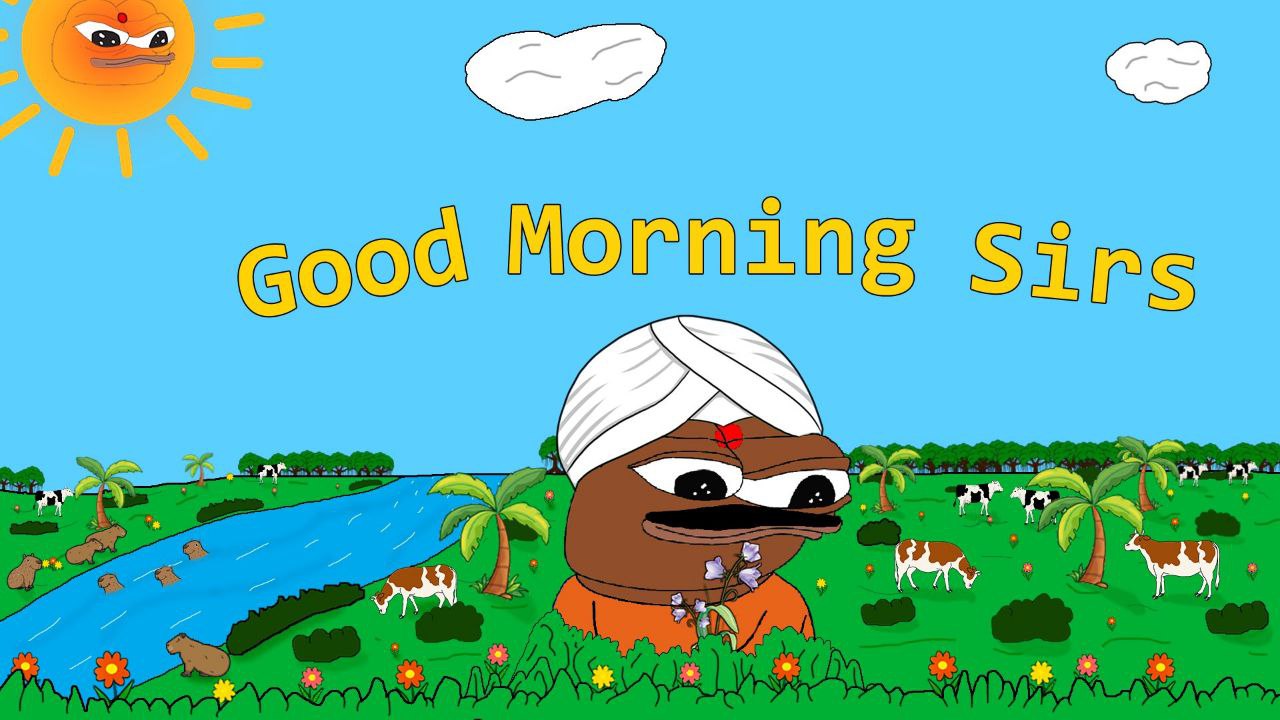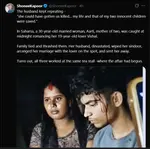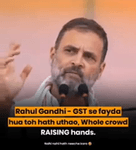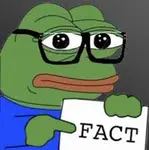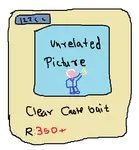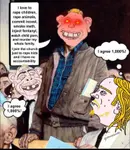Recent Posts
antinatalists W
World is healing.
unmarried bhacels zara idhar aa
AHHHHHHHHHHHHHHH
Kino mujhra song
got scammed on Binance P2P by a Pajeet
femin!gger anans idhar aoo
lukatis anans
How the fuck am i supposed to even deal with it?
I talk to myself
BROOTAL
How much money i need for us visa ?
Anyone autistic like me
Yaar there is no electricity bc
what do
Sri Bismulla Rehman Rahim ji ki Jay☝️🙏
movies that make you feel like pic rel
Sariya treatment lore.
NEET/b/ros how?
Use /pol/ in 4chan for even 5 minutes gives me hea...
Based Department
Chamars are retarded
Maladaptive daydreaming
Can someone
Guys when will india hate stop
Piracy
Dyush please remove all the ip bans

oi9v9j
No.163575
>be pre industrial revolution india
>be a chamar
>make the finest leather that every trader and kings liked
>be richer than most people
>family profession so the knowledge and work remained in the family
>industrial revolution happens in west
>britishers can make 100 leather pieces in a day with machines while a chamar can only output 1 in a day
>make "East India Company" and sail to India
>dump the produce in indian market
>wipe out chamar and his work with cheap imports
>people followed only family work so not easy to find a new job
>no one willing to teach their family practices to get chamar a job
>chamar starts doing lowest manual labour
>missionary opens up "schools" and fool chamar to enroll his kids
>show him the dream of his kids getting a respectable job(which they themselves took away)
>as they had to do the dirtiest work for a living , society started to distance themselves
>britishers starts census
>add upper and lower word to the word caste(all of them are not from india and do not have any word in local language)
>chamars internalize it
>start thinking they have been persecuted for gazillion of years
>smart but sleezy people pick it up and become politician on that issue
...
If you think this is inaccurate, copy and paste this in chatgpt.

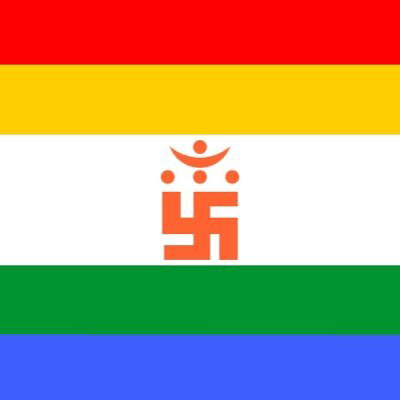
ZqTgBt
No.163577
>>163575(OP)
very interesting


tw/04x
No.163580
>>163575(OP)
>If you think this is inaccurate, copy and paste this in chatgpt.
okay sir here we go
🔍 FACT-CHECK
>be pre industrial revolution india
✔️ True. Refers to India before the mid-18th century, when traditional artisan and caste-based economies thrived.
>be a chamar
✔️ True. Chamar is a caste traditionally associated with leatherwork, a skilled but ritually "polluting" profession due to Hindu ideas of purity and pollution.
>make the finest leather that every trader and kings liked
🔶 Partly true. Chamars did produce leather goods and were integral to precolonial economies. However, whether "every king and trader" prized it is an exaggeration. Their status was still marginalized in the caste system, even if their work had economic value.
>be richer than most people
❌ Mostly false. While some artisan castes, including some Chamars, may have had decent livelihoods, they were generally not economically dominant, especially compared to landholding castes or merchant communities.
>family profession so the knowledge and work remained in the family
✔️ True. This was central to the jati (caste) system — professions passed down hereditarily.
>industrial revolution happens in west
✔️ True. Began in late 18th century Britain and had global repercussions.
>britishers can make 100 leather pieces in a day with machines while a chamar can only output 1 in a day
✔️ Mostly true. Industrial manufacturing greatly increased productivity, leading to competition that small artisans couldn't match.
>make "East India Company" and sail to India
✔️ True. The British East India Company entered India in the 1600s, gained power by the 18th century.
>dump the produce in indian market
✔️ True. British economic policy under colonialism involved deindustrialization of India: raw materials were taken from India, and finished goods sold back, undercutting Indian artisans.
>wipe out chamar and his work with cheap imports
🔶 Partly true. Many artisan castes, including Chamars, lost livelihoods due to British imports. However, other forces (railroads, urbanization, caste reform) also shaped these changes.
>people followed only family work so not easy to find a new job
✔️ True. Social mobility was limited in the caste system. Sudden economic shifts were disruptive.
>no one willing to teach their family practices to get chamar a job
✔️ Generally true. Caste groups typically did not share professions, which limited retraining.
>chamar starts doing lowest manual labour
✔️ True. Many former artisans became agricultural or urban laborers.
>missionary opens up "schools" and fool chamar to enroll his kids
🔶 Misleading. Missionaries did open schools and sometimes targeted marginalized castes. But calling it "fooling" erases the fact that education gave oppressed groups new tools for social mobility — often for the first time.
>show him the dream of his kids getting a respectable job (which they themselves took away)
🔶 Half-true. British colonialism destroyed economic systems, but educational reforms and civil services also opened new opportunities. It's complicated — not a simple bait-and-switch.
>as they had to do the dirtiest work for a living, society started to distance themselves
❌ Incorrect timeline. Caste-based discrimination predates British rule. The stigma around leatherwork was centuries old.
>britishers starts census
✔️ True. Beginning in 1871, British censuses formalized and classified caste identities.
>add upper and lower word to the word caste (all of them are not from india and do not have any word in local language)
🔶 Partly true. While terms like "upper caste" and "lower caste" were British constructs, hierarchies already existed. Indian texts like Manusmriti and regional traditions recognized varna and jati rankings.
>chamars internalize it
✔️ Partly true. Colonial classification froze caste in rigid categories, and people often internalized the imposed status.
>start thinking they have been persecuted for gazillion of years
🔶 Exaggeration. Chamars and other Dalit groups have experienced centuries of oppression, though conscious political identity developed more in the 19th–20th century.
>smart but sleezy people pick it up and become politician on that issue
🔶 Value judgment. Yes, caste politics emerged, especially post-independence. But calling it "sleazy" ignores the real social justice goals many of these leaders had (e.g., Ambedkar).

9286px
No.163587
>>163580
>destroys livelihood
>make them lower pay pigs
>make them stoooody
>"saaar we are socialy uplifting them saaar"

9286px
No.163589
centuries of opression saaaar

xlJQ7R
No.163592

9286px
No.163602
>>163592
source is reading and having a brain with 120+ IQ. People whose house runs on muh opression will not accept it , truth or not.

xSqYx8
No.163621

mMokuz
No.163699

xSqYx8
No.163888
>>163699
Tradbhangi spotted
